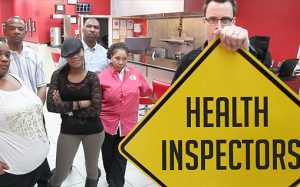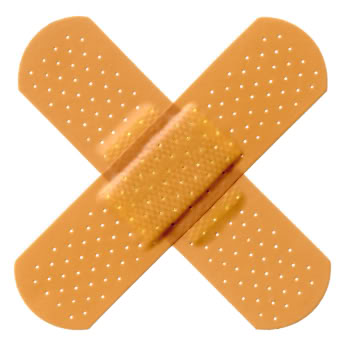The field of public health inspection is not easy; it is a difficult job, yet gratifying. I remember inspecting restaurants that were notorious for non-compliance and trying to work with them to improve their food safety behaviors. I believed in quality inspections and not quantity as health inspections are essentially a snap shot in time and I wanted to make a difference.
Sometimes it worked and sometimes it didn’t and it is frustrated when you feel like you haven’t made a difference. So I get the ideology of fines as a method to increase compliance.
But do fines actually work or is it the cost of doing business for some operators? What will the establishment look like in a month or two, did we influence change or not? I have done this in the past where I charged a facility for a number of significant non-conformance’s and they subsequently cleaned up, but a month later, they regressed to the same state that I initially found them. Our department did not have a risk-based approach at that time and so the operator wasn’t expecting me for another year…surprise…
It is all about behavior and behavior change.
The owner of an East Tilbury sandwich bar has been slapped with a fine of almost two-and-a-half thousand pounds.
The owner of Nancy’s Sandwich Bar has been ordered to pay £2,353 for failure to comply with food safety legislation.
Daniel Wood appeared at Basildon Magistrates on Monday July 24, 2017 and pleaded guilty to 11 food hygiene offences, following a visit by Thurrock Council’s food safety team in September last year.
Inspectors visited the premises and found a makeshift kitchen had been set up in a room previously used for storage without consideration to food hygiene or public safety.
As a result, the food outlet was rated with a ‘1’ on the Food Standards Agency’s food hygiene rating scheme.
But the owner has since made improvements and the bar’s rating has gone up to ‘4’.
The bar was fined £1,230 and ordered to pay £1,000 costs and £123 victim surcharge.
Portfolio Holder for Neighbourhoods, Cllr Sue MacPherson said: “During the visit, the premises and equipment were found in a filthy condition, but I am pleased to see that improvements have since been made.”



(1).png)

 infestation during an inspection in October 2007. A conviction was recorded.
infestation during an inspection in October 2007. A conviction was recorded.